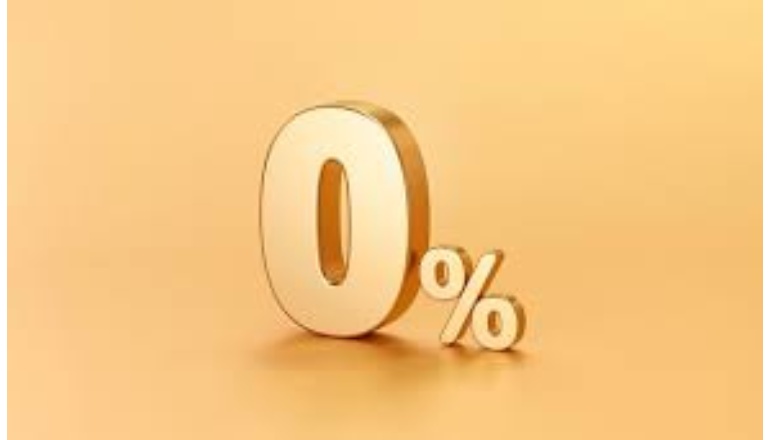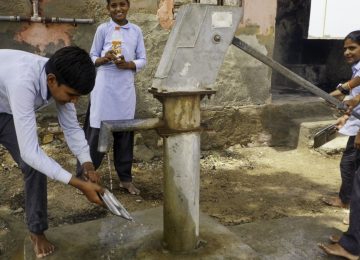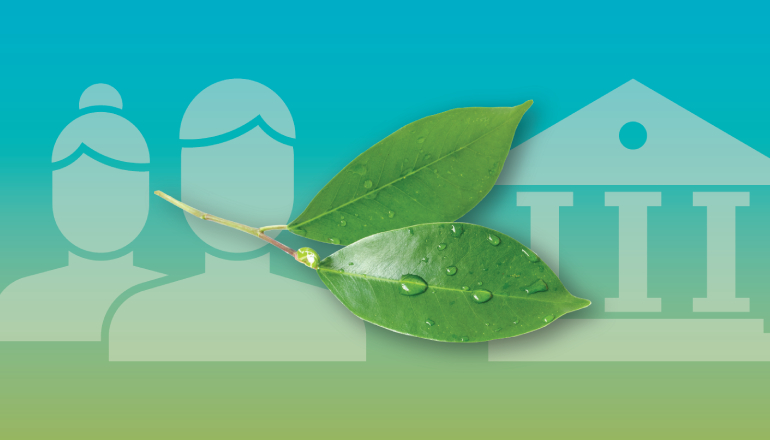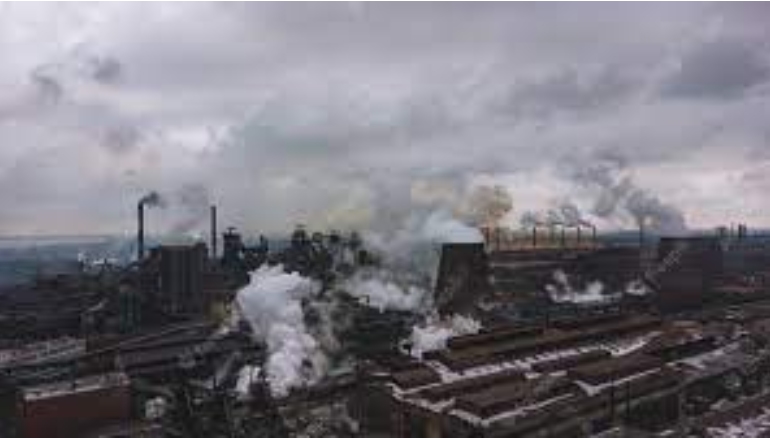A recent Oxfam International study found that of the world’s five billion people, the richest 1 percent produced twice as much carbon emissions. In 2019, these five billion people comprised the poorest two-thirds of humanity.
“The super-rich is plundering and polluting the planet to the point of destruction, leaving humanity choking on extreme heat, floods, and drought,” said Amitabh Behar, Interim Executive Director, Oxfam International.
“For years we’ve fought to end the era of fossil fuels to save millions of lives and our planet. It’s clearer than ever this will be impossible until we, too, end the era of extreme wealth,” he said.
Key highlights:
The report, released ahead of the UN climate summit in Dubai, raises concerns about the unattainable 1.5°C target for reducing rising temperatures.
• The investments of just 125 billionaires emit 393 million tons of CO2e each year —the equivalent of France— at an individual annual average that is a million times higher than someone in the bottom 90 percent of humanity.
• Carbon emissions of the richest 1 percent surged to 16 percent of the world’s total CO2 emissions in 2019—more than all car and road transport emissions
• The richest 10 percent accounted for half (50 percent) of emissions
• It would take about 1,500 years for someone in the bottom 99 percent to produce as much carbon as the richest billionaires do in a year.
• Their carbon emissions are enough to cause 1.3 million excess deaths due to heat
• Unequal countries suffer seven times more flood fatalities than more equal countries
• One in five water boreholes Oxfam digs now is dry or unfit for humans to drink.
• The outsized emissions of the richest 1 percent will cause 1.3 million heat-related excess deaths; most of these deaths will occur between 2020 and 2030
• Fairly taxing the super-rich would help curb both climate change and inequality
Climate (In)Equality and Impact:
Oxfam’s “Climate Equality: A Planet for the 99%” draws on research by the Stockholm Environment Institute (SEI).
Oxfam has witnessed how climate change’s unequal effects worsen existing divides among poverty, women, Indigenous communities, and Global South countries,
The report assesses the consumption emissions of different income groups in 2019, the most recent year for which data are available. The report highlights the significant disparity in carbon footprints between the super-rich, who heavily invest in polluting industries like fossil fuels.
- Every year, the emissions of the richest 1 percent cancel out the carbon savings coming from nearly one million wind turbines.
- The carbon emissions of the richest 1 percent are set to be 22 times greater than the level compatible with the 1.5°C goal of the Paris Agreement in 2030.
- Seven times more people die from floods in more unequal countries. Climate change is already worsening inequality both between and within countries.
What can the government do?
According to Oxfam, governments can tackle the twin crises of inequality and climate change by targeting the excessive emissions of the super-rich. The report underscores the need for investing in public services and meeting climate goals.
- Through a global redistribution of incomes, to provide everyone living in poverty with a minimum daily income of $25 while still reducing global emissions by 10 percent (roughly the equivalent of the total emissions of the European Union).
- A 60 percent tax on the incomes of the richest 1 percent would cut emissions by more than the total emissions of the UK and raise $6.4 trillion a year to pay for the transition away from fossil fuels to renewable energy.
- Rich countries are disproportionately responsible for global warming and must end oil and gas production correspondingly faster. New taxes on corporations and billionaires could help pay for the transition to renewable energy.
- Prioritize human and planetary well-being over endless profit, extraction, and consumption. Stop using GDP growth as the measure of human progress.
“We must make the connection explicitly. Not taxing wealth allows the richest to rob us, ruin our planet, and renege on democracy. Taxing extreme wealth transforms our chances to tackle both inequality and the climate crisis. These are trillions of dollars at stake to invest in dynamic 21st-century green governments, but also to re-inject into our democracies,” said Mr Behar.












